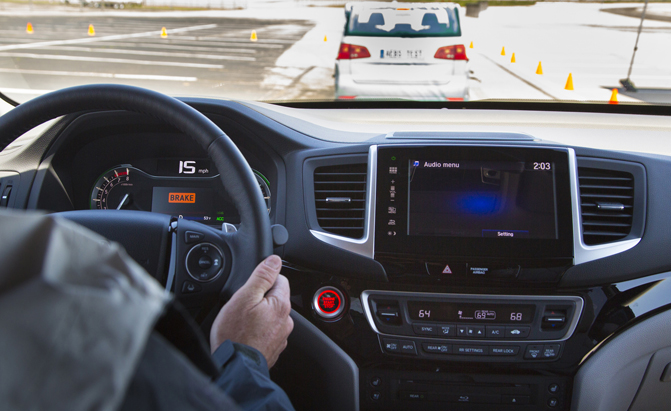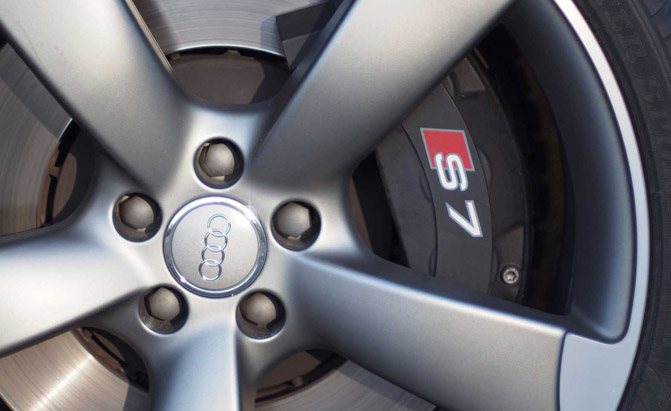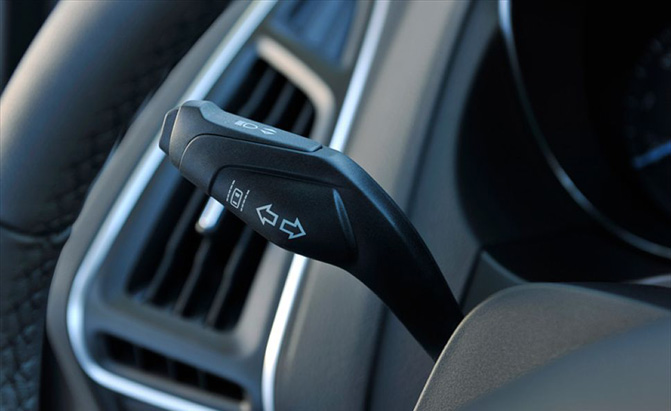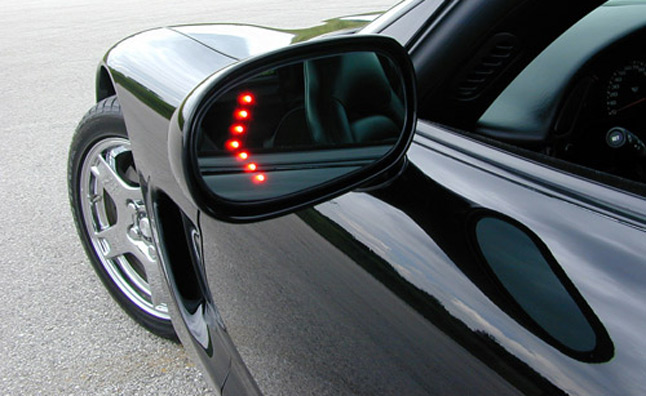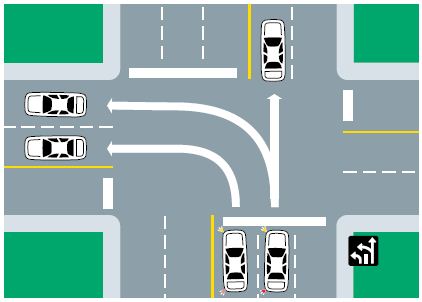For many, the automobile is paragon of independence.
Behind the wheel, a driver is a slave to no one. Except that’s not always true either. Drivers quickly become slaves to his or her own driving shortcomings, and also to the mediocrity of driving behavior throughout society. Driving behavior that has been unknowingly but diligently cultivated by those who lack the ability to drive selflessly, responsibly and with a modicum of intellect or common courtesy.
Having driven more than 2.5 million miles before my 50th birthday, I have witnessed more than my fair share of bad driving. My experience has shown me there are five systemic driving behaviors that neutralize our ability to enhance the driving experience for ourselves and for everyone else on the road.
1. Being Unaware of Your Surroundings
Without question, the foremost issue is a basic unawareness of one’s surroundings; from this principle, all else flows. Observe the number of drivers who look up only to discover a car carrier, garbage truck, bus, etc. that magically appeared, yet was easily within view several hundred meters away. Anyone who has spent a logistics career on the road will confirm that the more the horizon is the focus, the more anticipatory one becomes. Being aware negates the need for excessively hard braking, erratic lane changes and the resultant consequences that drive everyone crazy.
ALSO SEE: 5 Tips For Being Less of a Jerk While Driving
2. Improper Braking
A second but profound example is so simple as to be banal: most people do not know how to brake. If one is focused on the hood ornament of one’s automobile, I can confidently predict how you will brake, how often you will need to have brakes and rotors replaced or serviced, and the high probability that you will inevitably end up in a rear-end collision. The poorer your grasp of the horizon, the poorer and more erratic your braking and the greater the likelihood that not only will another driver rear end you, but that they will push your car into the car ahead of you. Brake smoothly and with moderation.
ALSO SEE: What Driving Behaviour Makes You Furious?
3. Not Using Turn Signals
People who don’t use turn signals are not lazy; they’re indifferent, which is worse. Turn signals are our covenant with our fellow man. In their simplest use, they are a courtesy. In all other aspects of life, we communicate our intentions to our fellow man so why should the turn signal be different? The use of turn signals are, perhaps, our greatest automotive example of mutual reciprocity; infinitely simple, an action that is universally recognized as charitable, prudent and infinitely safer. Crossing any lane without signaling is not only dangerous; it is the equivalent of trespassing.
4. Bad Turn Signal Courtesy
Behavior 4 is somewhat a continuance of turn signal courtesy. Drivers should always signal first (and with adequate notice), brake second. All three of the previous examples of poor driver etiquette collide with alarming consequences for the driver behind you caught off guard. Once again, you are telegraphing your intentions to your fellow man who may or may not be paying attention. Give them as much advance notice as possible and, therefore, mitigate the need for those drivers behind you to feel compelled to risk changing lanes or lurch into an unpredictable brake skid.
5. Not Turning Into Your Correct Lane
Perhaps nothing impedes the flow of traffic more at an intersection than people who do not turn into the correct lane. To watch two automobiles, each from opposing directions, harmoniously turn into their correct lane is a thing of breathtaking beauty. It is automotive ballet.
The conclusion is clear. The more we aspire and commit to being disciplined drivers, the more we make driving safer and more pleasurable for everyone.







